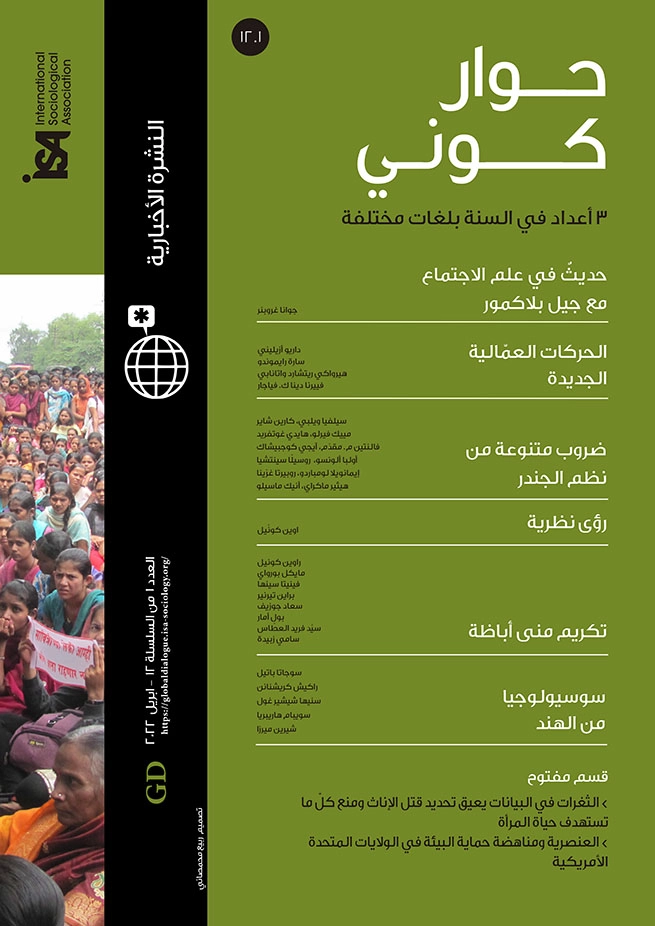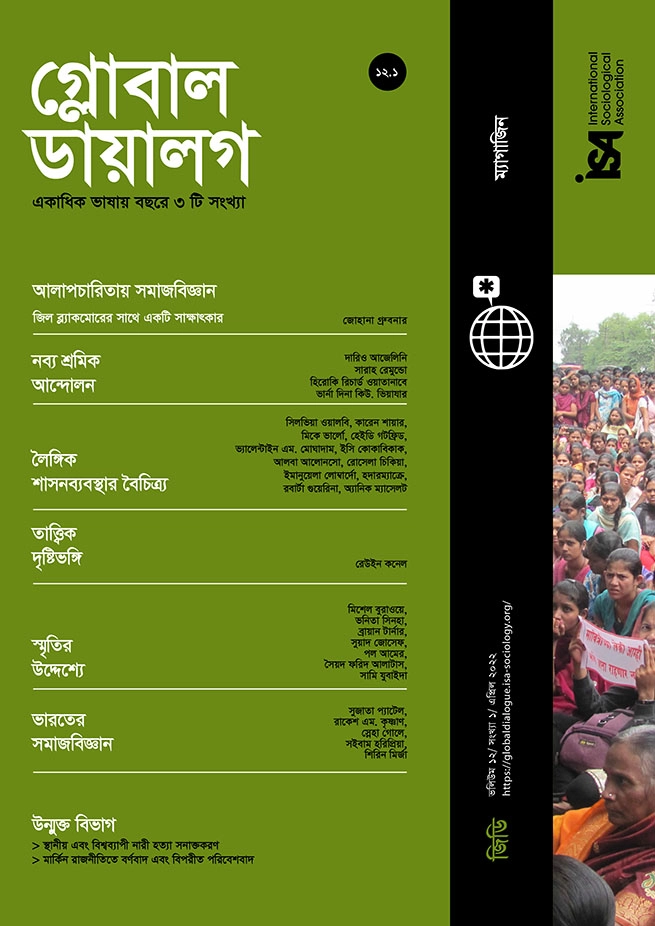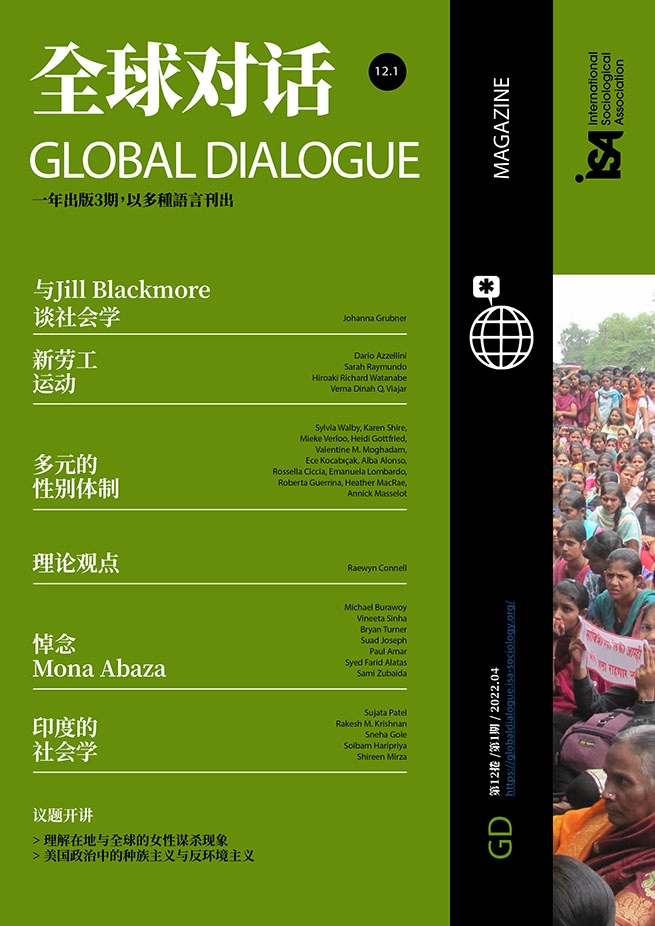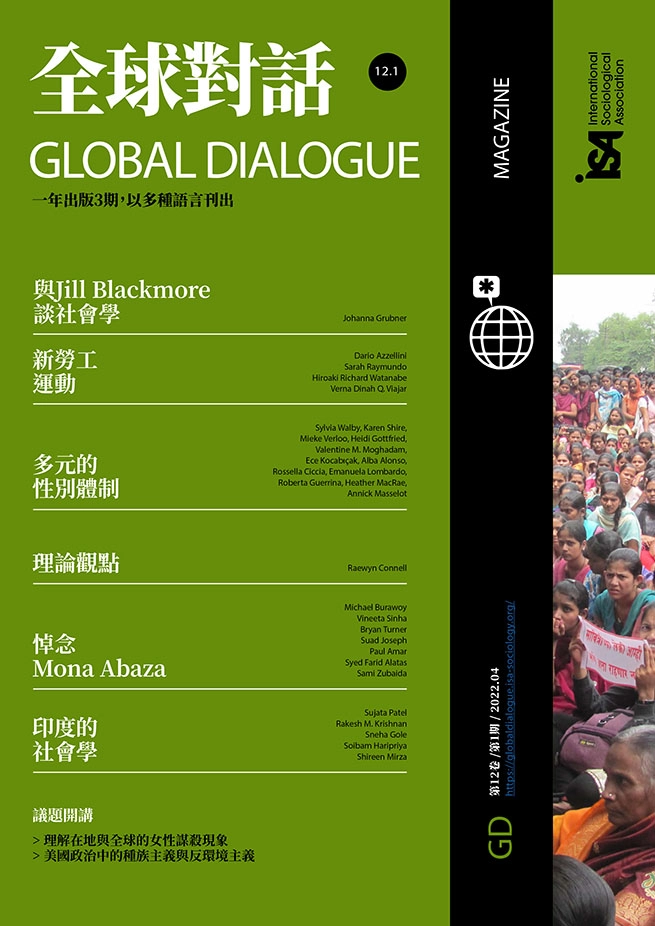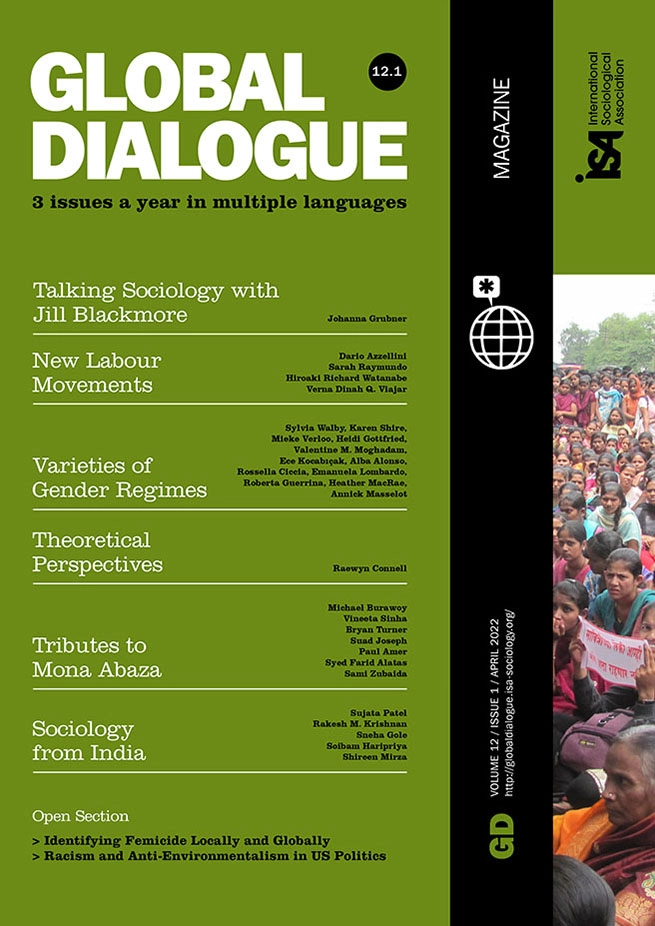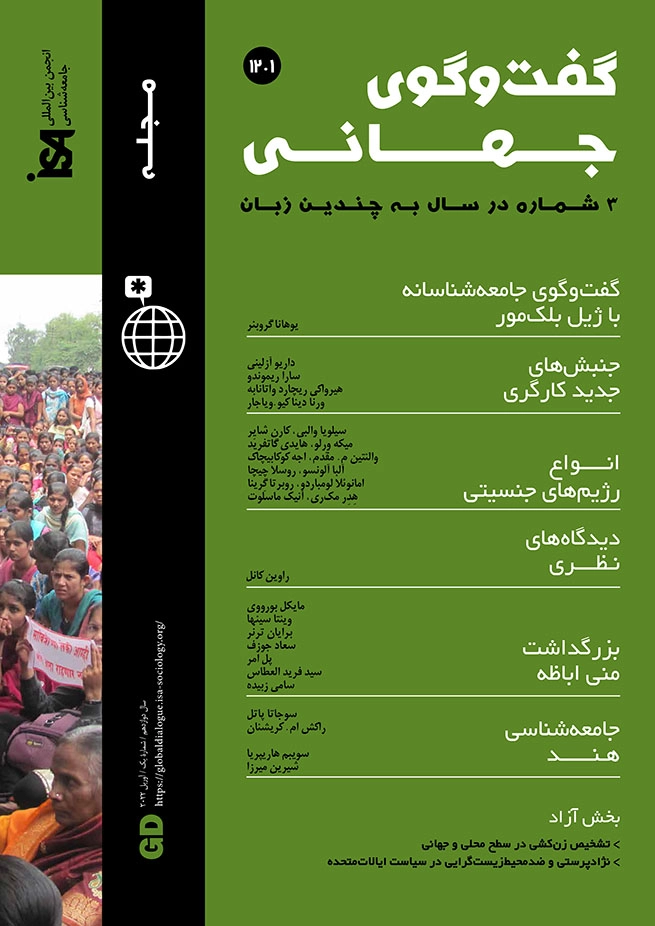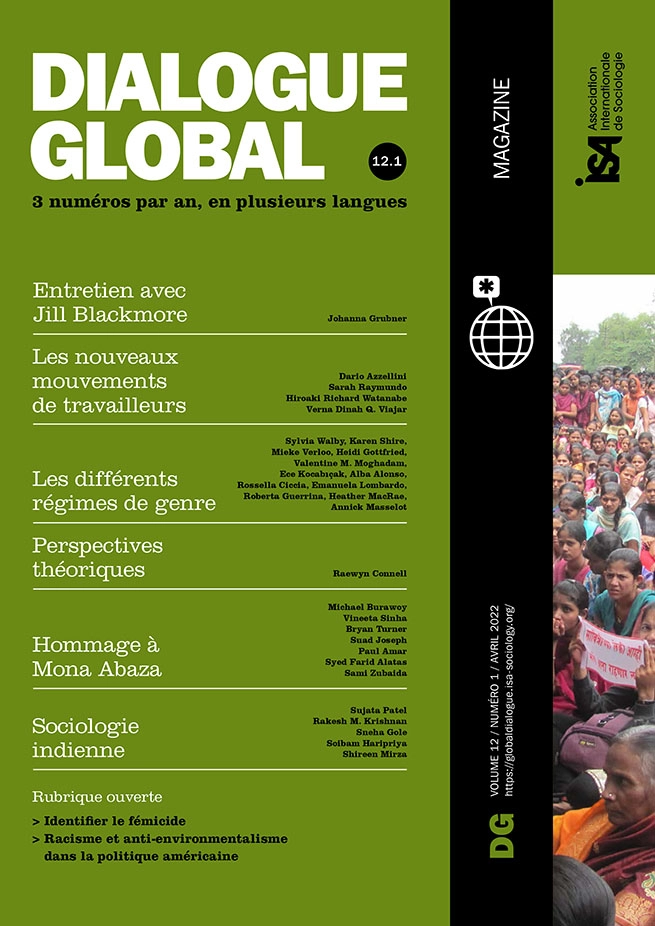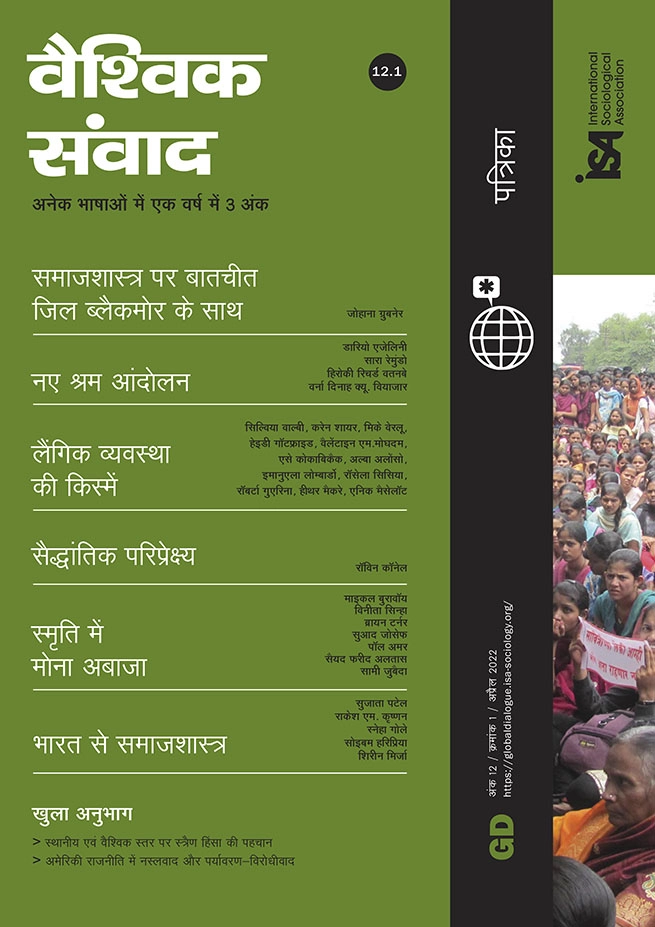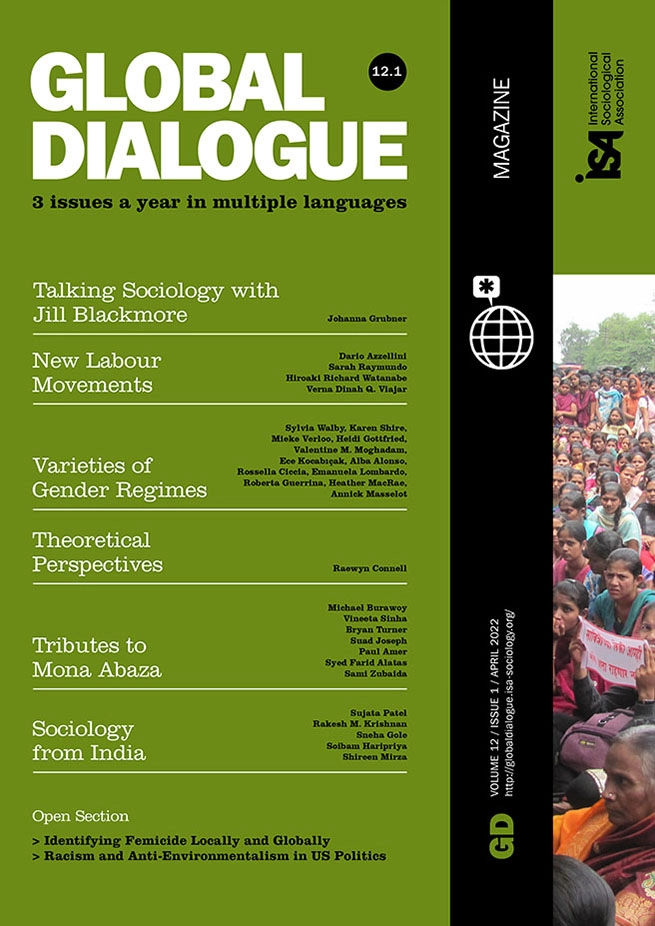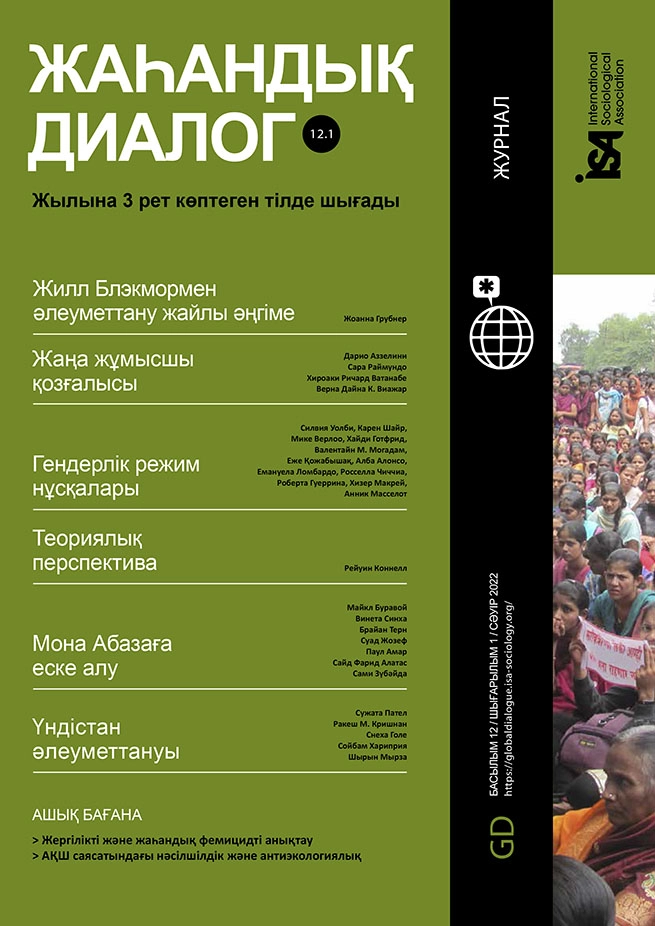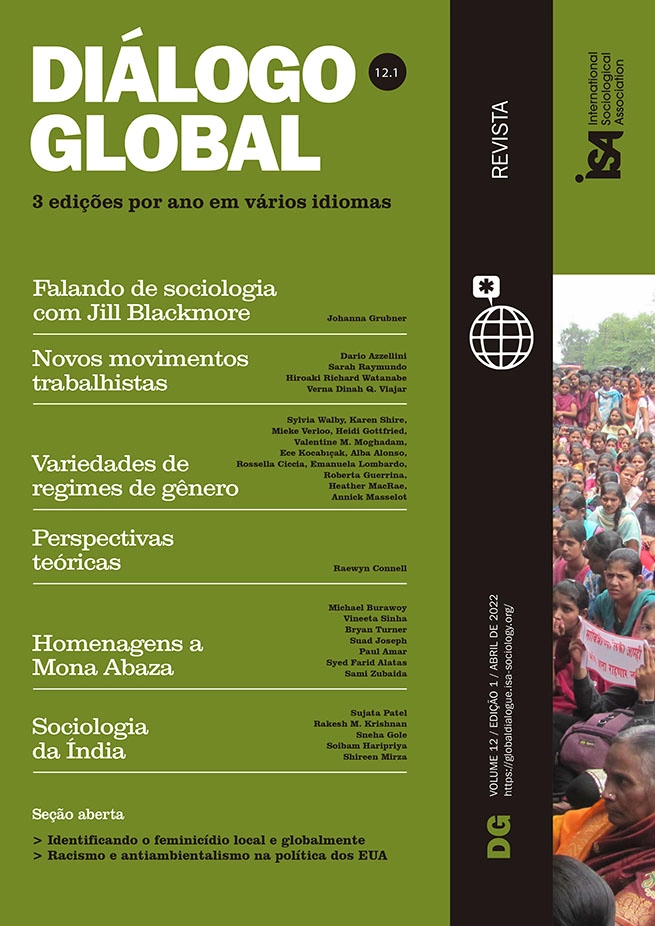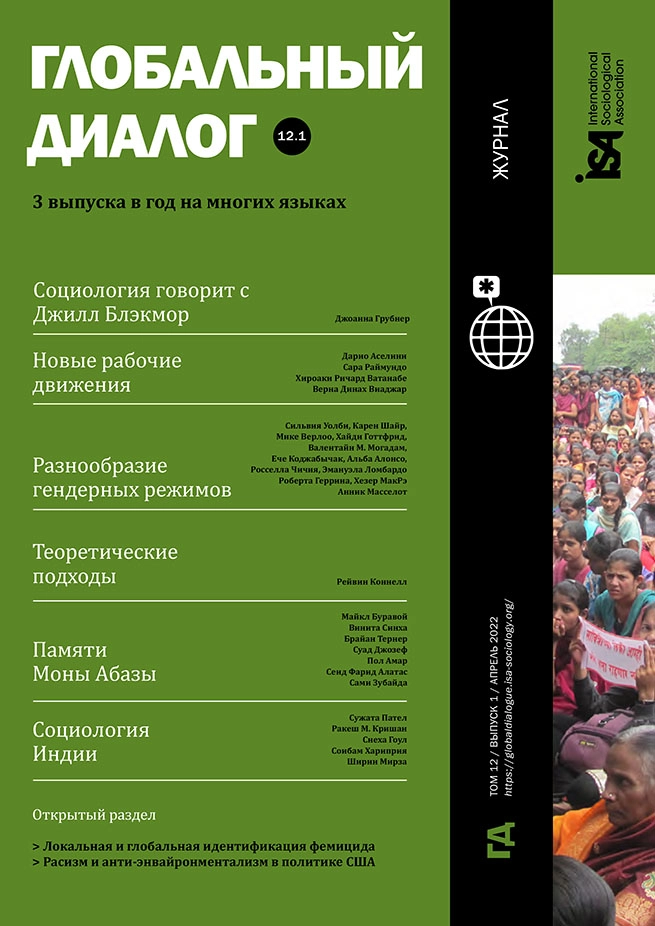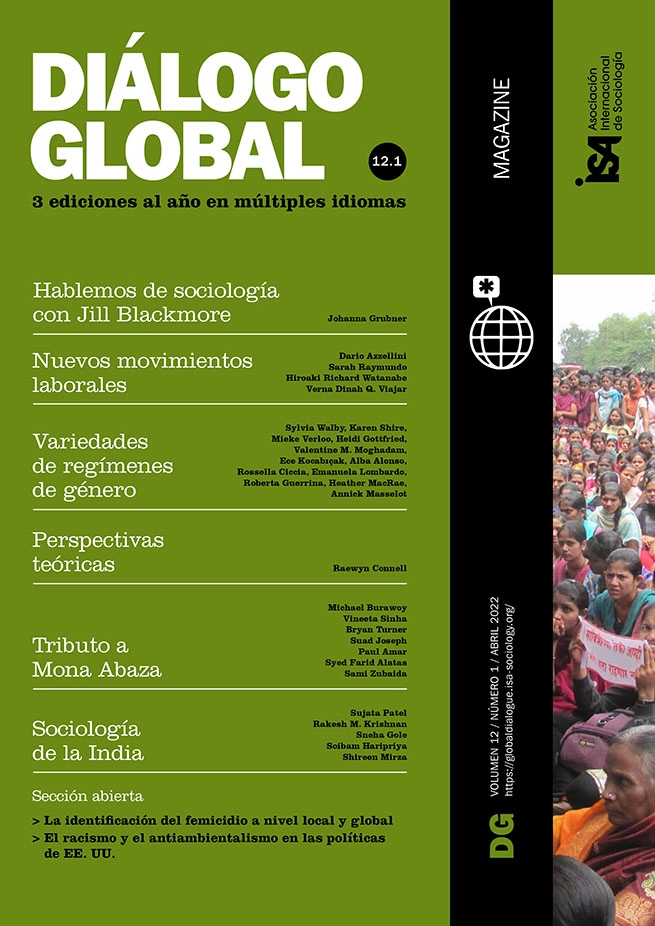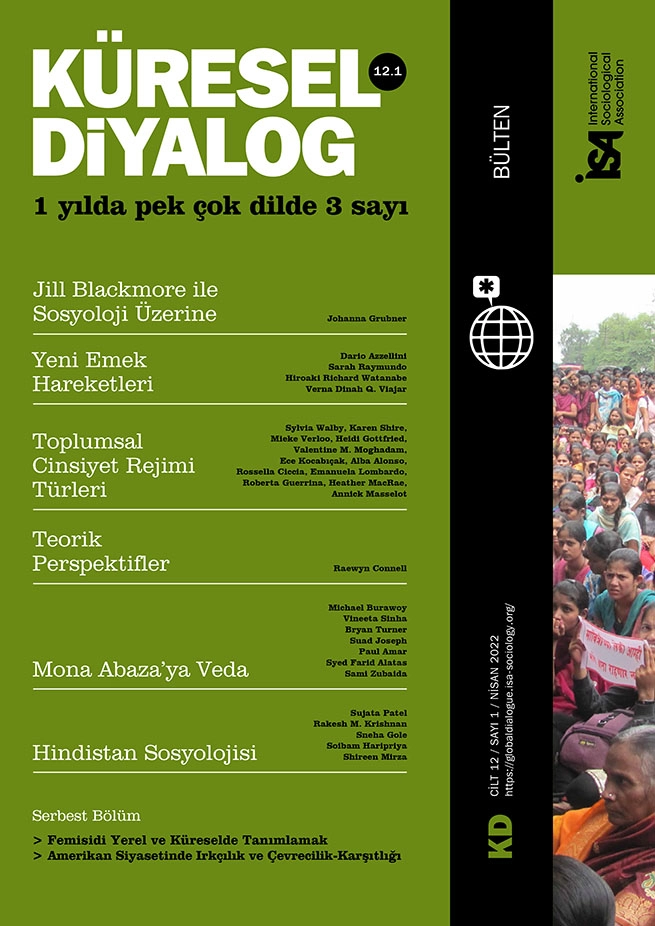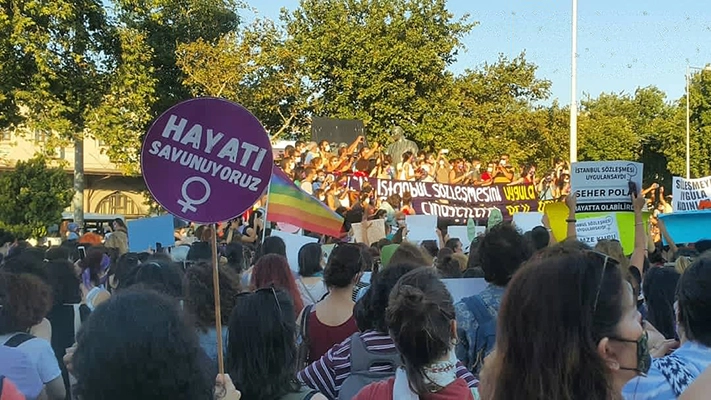Along with stressing the equal significance of the gender-, class-, and ethnicity-based inequality regimes for social transformation, theories of the varieties of gender regime allow for an assessment of changes within the patriarchal character of the state. This paper extends gender regime theories by examining the determinants of the patriarchal state in Turkey. The case of Turkey’s withdrawal from the Istanbul Convention, a human rights treaty addressing violence against women and domestic violence, enables an investigation of how far the interplay between multiple state agendas and the de-democratization process increases the collective bargaining capacity of men, as a gender-based socially constructed group.
Two forms of patriarchal state character
Building on gender regime theories, I suggest that the gender-, class-, and race-ethnicity-based dominant groups of society establish a strong influence over the state, and as such, lead to an interplay between multiple state agendas. According to Sylvia Walby, the predominance of gender-based exclusionary strategies is tied to the domestic form of gender regime, and gender-based segregation and subordination are linked to the neoliberal or social-democratic forms of public gender regimes. Drawing on her differentiation, I conceptualize two major forms of patriarchal state character: the domestic patriarchal state confines women’s labor to household production (including care work), whereas the public patriarchal state utilizes various degrees of commodification and decommodification (of goods and services produced by women within the home) to guarantee the sustainability of women’s double burden of paid and unpaid labor. While the former sustains gender-based exclusionary strategies, the latter regulates gender-based segregation and subordination within the institutional domains of economy, polity, civil society, and violence.
The proposed framework is particularly relevant for the analysis of state formation in the Global South, as the political actors are comprised of diverse groups. As I have argued elsewhere, the patriarchal political actors in Turkey are not limited to male heads of household, but also include male small producers in rural and urban areas. Moreover, under the conditions in which anti-democratic regimes maintain considerable gender gaps in public decision making, a particular group of elite men sustains its influence over the leadership of the regime. This, in turn, increases the bargaining capacity of men. I develop the concept of men-of-the-regime in referring to this group of elite men.
My data analysis suggests that since the 2000s, the Turkish state has contained a clash between its public and domestic patriarchal characters. These conflicting characters can perhaps be found in many other states, but in Turkey the shift towards a public patriarchal state has remained limited and its scale insufficient to challenge the predominance of its domestic patriarchal character. State interventions in the domain of economy encourage urban women with relatively lower levels of education to stay at home and provide unpaid care, as well as keeping rural women as unpaid family workers in small-medium scale farms. Within the domain of civil society, the recently established anti-democratic regime (since 2014-15) excludes women from public decision-making and political representation and suppresses social movements; at the same time, women’s control over their sexuality, including their reproductive abilities, is restricted by the state-driven homophobic and pronatalist regulations. A closer look at state interventions in the domain of gendered violence shows that the state traps women within the confines of the violent heterosexual family setting by limiting women’s access to viable alternatives and tolerating male violence against single, separated, or divorced women as well as violence against LGBTQ+ people.
Turkey’s withdrawal from the Istanbul Convention
By focusing on Turkey’s withdrawal from the Istanbul Convention, I investigate the extent to which the patriarchal actors have utilized the Turkish Muslim racist state agenda to maintain the domestic patriarchal state character. My assessment suggests that initially, between 2015 and 2018, certain groups of men became organized against the legal regulations prohibiting child marriage, securing alimony, and regulating custody of children. Law No. 6284, which was enacted in relation to the Convention, was also scrutinized during this time period. By establishing various discussion groups on social media, running disinformation campaigns, and organizing street protests, these groups claimed that they were the victims of the above regulations. Their initial campaigns were also supported by men-of-the-regime, including commentators, journalists, academics, leaders of the religious sects, and male politicians across various political parties.
Nevertheless, the initial mobilizations of men remained limited until the strategic re-positioning in 2019. Although there was no mention of the Istanbul Convention before 2019, these men have shifted their focus and reframed their demands by 1) labelling not only same-sex relationships but also women’s independence from men as the biggest threat to the Turkishness and Muslimness of the family structure; 2) emphasizing the significance of such a family structure for the material and social existence of the Turkish and Muslim population; and 3) repeating the well-known delusion that the West aims to ruin Turkey. With the adoption of this new strategy, the previously established solidarity between these groups of “ordinary” men and men-of-the-regime has worked effectively and accelerated their influence not only over the leadership of the Justice and Development Party but also over the main coalition party (Nationalist Movement Party) and an opposition party (Felicity Party). Facing a strong reaction from women, the state’s withdrawal decision was not so straightforward. Nonetheless, on March 2021, Erdoğan officially announced the withdrawal, on the grounds that the Convention is manipulated to normalize homosexuality, which is incompatible with Turkey’s social and family values.
The case of the Istanbul Convention shows that the men’s rights movement initially (2015-2018) failed to increase its influence over the state despite the efforts of men-of-the-regime. At this early stage, the women’s strong resistance prevented their demands. With the adoption of the Turkish Muslim racist agenda (since 2019), men-of-the-regime have played a significant role in increasing the influence of patriarchal actors, thereby strengthening the domestic patriarchal state. This assessment contributes to gender regime scholarship by 1) investigating diverse groups constituting the patriarchal political actors, especially within the contexts of the Global South; and 2) exploring the ways in which the interplay between multiple state agendas increases the collective bargaining capacity of men.
Ece Kocabıçak, The Open University, UK, <Ece.Kocabicak@open.ac.uk>







